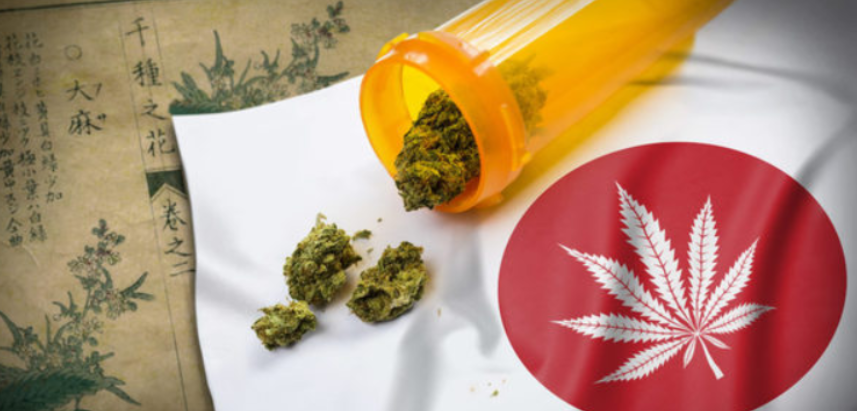Japan’s Ministry of Health to Discuss Medical Marijuana Legalization
On May 25, a special committee under Japan’s Ministry of Health and Social Policy held its first meeting to discuss the potential legalization of medical marijuana. The goal is to allow regulated use of marijuana for the treatment of chronic and severe illnesses.
According to sources cited by the Asahi Shimbun newspaper, it is possible that the reform will be fully discussed, developed, and approved by Japanese authorities over the summer. Currently, Japan does not recognize the use of marijuana for therapeutic purposes and strictly prohibits and penalizes the possession, production, and distribution of any part of the plant. However, the country has seen a growing industry for imported CBD products, which are allowed because they lack the psychoactive effects associated with whole marijuana.
Background and Current Regulations
It’s worth noting that in August of last year, Japan’s Ministry of Health issued a memorandum to government officials, highlighting that among all G7 countries, Japan has the strictest marijuana laws. The memorandum urged authorities to consider at least limited cannabis reforms. After a year of discussions, it appears that Japan is now ready to consider regulated therapeutic reform.
Committee Recommendations and Social Programs
Interestingly, while the expert committee agreed on legalizing the import and establishing a regulated domestic industry for medical marijuana, it also recommended stricter penalties for illegal sales and recreational use, aiming to “protect the industry from criminals.” The committee also discussed the creation of social programs to provide assistance and rehabilitation for “cannabis addicts,” with a particular focus on youth outreach.
Industrial Hemp Production in Japan
Although the Japanese government does not officially license industrial marijuana production, there are several farms in Japan that legally grow industrial hemp under cultural licenses. These farms are regulated by the Ministry of Culture and the Ministry of Agriculture as producers of raw materials for shimenawa—the sacred ropes used in Shinto shrines. While these farms do not work with psychoactive marijuana, their activities are still strictly regulated, and workers are regularly tested for marijuana use. These tests consistently confirm that workers do not use marijuana or “inhale its fumes,” contrary to common local media propaganda.



